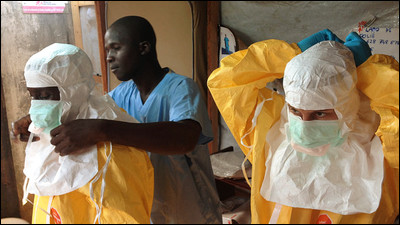A movie in which experts talk about `` the future of infectious diseases expected from the new coronavirus ''

Alana Sheikh, a
Alanna Shaikh: The Future of Coronary Infectious Diseases | Alana Shaik | TEDxSMU | TED Talk
https://www.ted.com/talks/alanna_shaikh_coronavirus_is_our_future?language=ja
You can watch the presentation in the following movie. Japanese subtitles are also available, so turn on 'Subtitles' at the bottom left of the movie player and select 'Settings' → 'Subtitles' → 'Japanese'.
Why COVID-19 is hitting us now-and how to prepare for the next outbreak | Alanna Shaikh-YouTube
The presenter is Sheik, who has been working in international health for 20 years. He specializes in the medical and medical system fields, and he specializes in what can be done when these are severely damaged in pandemics . Sheikh has been involved in international health coverage and has written in the media an article on international health and bioterrorism security measures. In addition, Sheik has cited and supported and led epidemiological efforts to date, including 'Evaluating the Ebola Hemorrhagic Fever Treatment Center,' 'Analysis of Tuberculosis Transmission in Healthcare Facilities,' and 'Avian Flu Control.'
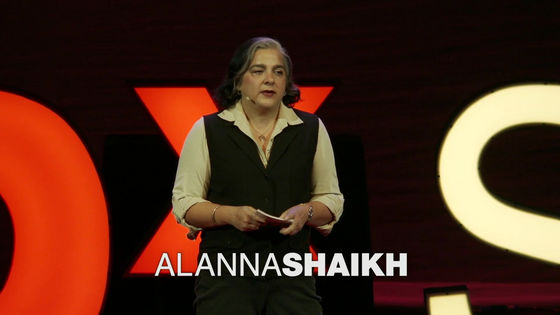
She says she has a master's degree in International Health, but she says, 'I am neither a doctor nor a nurse. My specialty is not personal care for patients and individuals, but for the people and the medical and medical system. Investigating what happens when a large-scale illness occurs. 'He emphasized that what we will be talking about is from the perspective of international health. Also, if medical information is evaluated on a 10-point scale from the perspective of international health expertise, `` 1 is anonymous posting on Facebook '' and `` information from the
First, let's recap from 'basic information that seems to be lost due to poor quality media information about the new coronavirus infection (COVID-19).' The novel coronavirus (SARS-CoV-2) is a specific subspecies of a virus that has unusual characteristics among viruses and uses RNA rather than DNA as genetic material. SARS-CoV-2 is covered with a bump on the surface of the virus, and uses this bump to invade human cells. Because this projection has a shape like a crown (corona), it is called 'coronavirus'.
Also, as to why SARS-CoV-2 is called `` new coronavirus '', only six types of coronavirus are known until December 2019, and SARS-CoV-2 is the seventh type Because it is a coronavirus. SARS-CoV-2 has a new genomic structure, and has just been given a new name, so it is called a 'new type'. Infections caused by coronaviruses other than COVID-19 include SARS (Severe Acute Respiratory Syndrome) and MERS (Middle East Respiratory Syndrome). As both are called respiratory syndrome, the feature of coronavirus is that it attacks the lungs. Vomiting, bleeding from the eyeballs, and other forms of bleeding do not occur. Instead, the lungs are severely damaged. This is also the case with COVID-19, which causes a wide range of respiratory symptoms, starting with a dry cough and fever without sputum and causing fatal viral pneumonia, making the breadth of symptoms difficult to cope with. It is connected to that.
Many people around the world are infected with COVID-19, but many people do not go to a medical institution due to mild symptoms. In particular, children are hardly affected by COVID-19. However, coronavirus is a virus transmitted from animals to humans, which is called animal-derived infectious disease. In addition, some coronavirus and other infectious diseases, such as COVID-19, are transmitted from person to person. Viruses that are transmitted from person to person move at a high speed and have a wide range of movement.
Eradication of animal-borne infections is very difficult. The reason is simple: there is an animal virus source. For example, in the case of bird flu, it is effective to prevent the spread of livestock such as turkeys and ducks by killing birds and livestock, but the epidemic is still transmitted every year because wild birds infect it. On the other hand, it isn't widely reported because it doesn't spread from person to person. For this reason, it is said that bird flu outbreaks are occurring every year in the world livestock industry just because it is not widely known to the general public. In the case of COVID-19, transmission from animals to humans at the wildlife market in Wuhan, China is considered to be an outbreak route. This is the basic information of COVID-19.
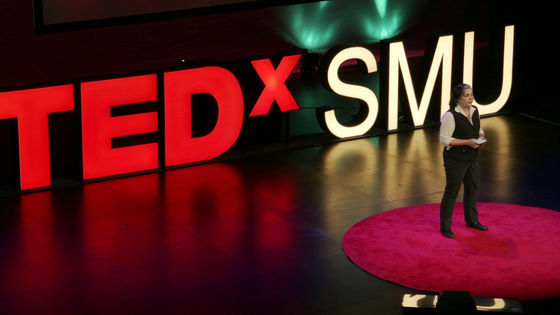
COVID-19 is not the last large
Sheik says that the reason why outbreaks always happen is 'the consequences of how we interact with the Earth.' 'The choices that people make are pushing us into a situation of repeated outbreaks, partly because of climate change: the warming of the climate means that the Earth is a good place for viruses and bacteria to live. And change climate change as one of the reasons for the outbreak to happen in the future.
Sheik said, `` When burning the Amazon rainforest or trying to get cheap land to build farms, when Africa's last shrub is converted to farms, When humans are hunted to extinction, humans will come into contact with wildlife populations they have never contacted, and such wildlife populations may have new types of disease Something that humanity has no countermeasures, such as bacteria and viruses, 'he said, and the more humans develop, the more they will be exposed to new bacteria and viruses. A particularly dangerous animal is the 'bat'. Because bats often carry diseases that can infect humans.
In addition, Sheik points out that measures such as quarantine and travel restrictions cannot stop the outbreak. Intuitively many people may think that `` If people do not move, you can prevent outbreaks '', but in reality it is very difficult to set up an effective quarantine mechanism, and it is also possible to set travel restrictions She said it was very difficult. Even the United States and South Korea, which have been committed to improving public health, have not been able to act quickly enough to stop the outbreak immediately, even with restrictions on travel due to the spread of the virus.
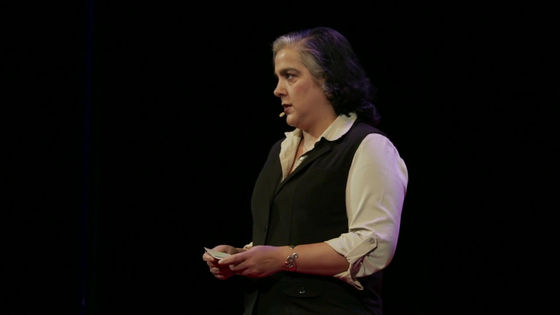
Also, COVID-19 is known to have a maximum of 24 days without any symptoms after infection. For this reason, many people are infected with the virus, but often have no symptoms and walk around without knowing that they are infected. There is also the problem that quarantine and travel restrictions can cause financial losses. In addition, because humans are social animals, they have the property of resisting attempts to restrain or isolate in the first place.
During the Ebola outbreak, as soon as quarantine policies were decided, many began to flee the quarantine. Patients who know that strict quarantine procedures are in place may avoid medical facilities. There are many reasons to avoid quarantine, including those who are reluctant to health care, have no money for treatment, and do not want to be isolated from family and friends.
In addition, politicians and government officials know that public quarantine will occur if they report outbreaks or cases, so they may try to hide information about the situation in fear of quarantine action. Of course, this kind of evasion or fraud is one of the factors that makes outbreak tracking difficult. However, 'Improvement of quarantine and travel restrictions is possible and should be done, but it is not the only measure, and it is not the best way to deal with this situation,' Sheik said. You.
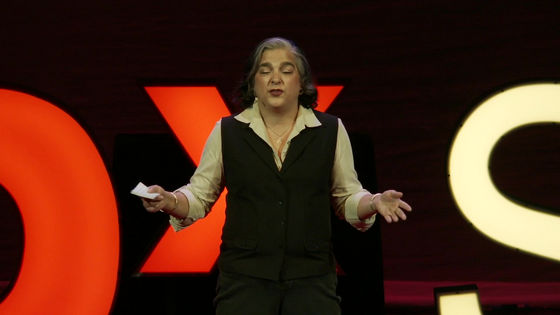
As a long-term measure to prevent the outbreak from worsening, Sheikh said: `` We have helped build an international medical and healthcare system and set up basic healthcare mechanisms in all countries around the world. To be able to quickly identify and treat new infectious diseases as they emerge in countries around the world, even in poor countries. '
'China has received a lot of criticism about the Remedy to COVID-19. However, if COVID-19 is Chad What happened or would have been? Chad If you have occurred in the number of physicians per 100,000 3.5 What if it happened in the Republic of the Congo, or the Republic of the Congo, where the last treatment of the last patient with Ebola has just ended, and in reality these countries have no resources to deal with can not be treated, is what that report can not be performed quickly in order that helps in the world. I Sierra Leone has made a evaluation of Ebola treatment center in, and refers to the fact, the doctors crisis caused by Ebola local The physician in the field first recognized that it was a dangerous infectious hemorrhagic virus, and that it was an Ebola virus. The nurses had identified them, but lacked the resources to deal with them, lacking the number of doctors and beds, lacking information about treatments and how to implement infection control measures. The Ebola outbreak killed 11 doctors in Sierra Leone, and when the Ebola crisis began, there were only 120 doctors in Sierra Leone. The Baylor Medical Center in Dallas, USA, has more than 1,000 staff and doctors working, and such inequality is leading to death: poor people die early in the outbreak, and outbreaks Spread and cause deaths around the world.If we really want to mitigate outbreaks and minimize damage, `` Every country in the world needs to work to identify and treat new illnesses and provide reporting capabilities for information sharing, '' said Sheik, saying poor countries need to prepare for the upcoming outbreak. He argues that it is important to review health care.
COVID-19 puts a heavy burden on medical and medical research institutions. COVID-19 has also revealed serious weaknesses in the international healthcare supply chain. The existing 'ordering system to minimize inventory' means that while the world is peaceful, it is great, but in critical situations it has no reserves. If a hospital or country runs out of stock of masks and personal protective equipment, it is not possible to replenish it from a large warehouse with a large stock. You have to place an order for replenishment with the supplier and wait until it is produced and dispatched. These lags occur when quick response is important.
`` If we were ready to hit COVID-19, China would have recognized the outbreak earlier, and we were ready to respond to infected people without having to set up a new hospital, '' Sheik said. It would have disclosed the correct information to the public without hiding it, and would not have spread ridiculous rumors on China's SNS. The government's healthcare system would have begun recording information and preparing for a virus outbreak, and the state-owned healthcare facility would stock up on as many protective gears as needed and train healthcare professionals in treatment and infection prevention. Should have been implemented, and the response procedures for various situations should have been based on science, for example if a cruise ship had an infected person. It would have been possible to get information to every corner of the globe and not have the shameful fact that hatred of foreigners would become an incident, such as the violence of Asians in Philadelphia. ' I am.
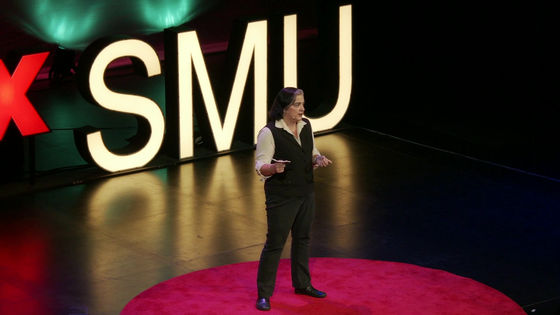
But even if these preparations are perfect, an outbreak will still occur. 'Outbreaks are inevitable,' says Sheik, as a result of our daily choices about how to live on Earth. Regarding COVID-19, the consensus of the experts is that 'whether in the United States or around the world, things will get worse before the situation improves'. Infections spread from people who have never traveled in the community, and there are also cases where the transmission route of COVID-19 infected people is unknown.
This is a sign that the outbreak is getting worse, and it's hard to keep it under control. 'This is a depressing situation, but not surprising. When international health professionals talk about new virus outbreak scenarios, such scenarios come up. However, if an expert makes an anti-virus plan, the current situation, how the virus like SARS-CoV-2 works, is assumed. '
Finally, Sheikh recommends washing your hands anyway, suggesting that you wash your hands more often and add hand washing habits to your life. 'Wash your hands every time you enter or leave the building. Wash your hands before and after you enter the conference room. Disinfect your cell phone. I'm sure you'll bring it to the bathroom, so let's disinfect your phone and refrain from using it in public. Will TikTok and Instagram be limited to your home? ' He said. In addition, they do not touch the face, do not rub their eyes, do not bite their nails, and do not rub their nose with the back of their hands.
In addition, if you suspect COVID-19 symptoms, stay home and consult your physician over the phone, and remember that if you are positive for COVID-19, you are usually very mild Is important. He also told smokers, 'It's a great time to quit cigarettes now.' If you are worried about COVID-19, quitting cigarettes can cause COVID-19 to suffer 'from the worst impact. It's the best way to protect it, 'said Sheik.
In addition, as a “conservative but effective option”, focus on improving healthcare everywhere in the local area, and focus on improving the healthcare infrastructure and investigating the actual conditions of diseases so that new diseases can be identified as soon as they occur. Talk about the risks of illness, preparing for a global medical and medical system, strengthening the supply chain and preparing for emergencies, and the risk of illness so as not to panic. Increasing the quality of education so that they can do it.
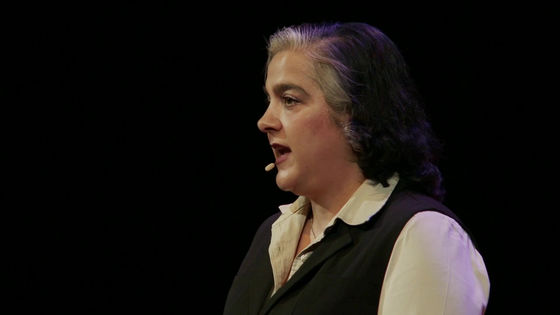
Related Posts:
in Video, Posted by logu_ii
